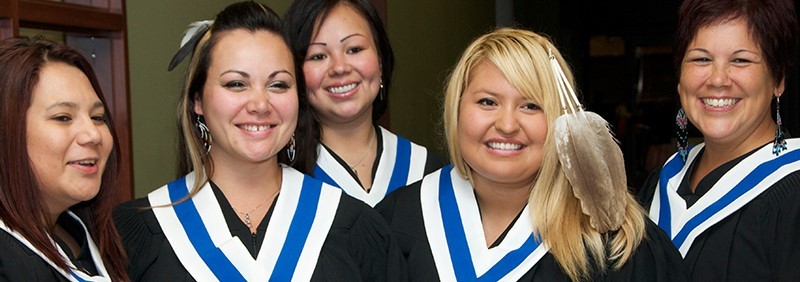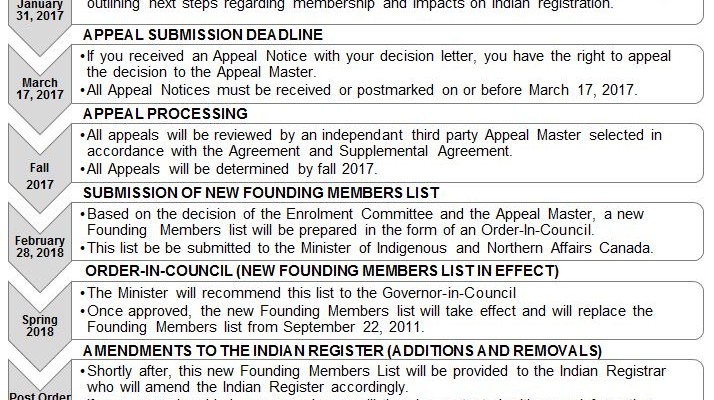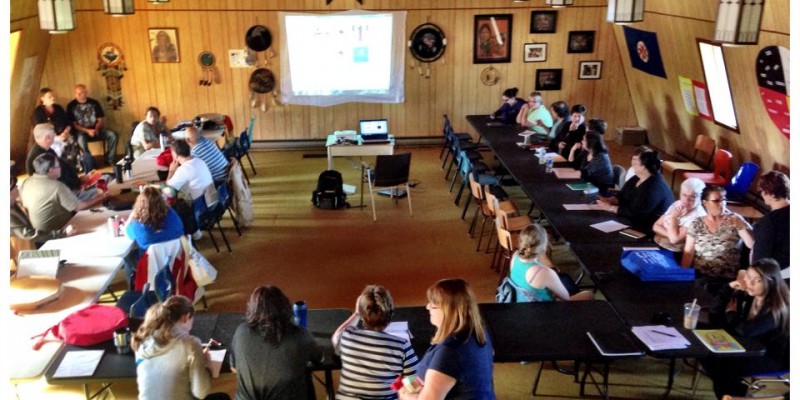February 07, 2017, Corner Brook—Today the Government of Canada released the preliminary results of the Enrolment Committee’s review of applications for membership in the Qalipu Mi’kmaq First Nation. The final Founding Members will only be known after the appeal process and officially confirmed through an Order in Council, expected in the spring of 2018.
The preliminary results of the Enrolment Committee’s review are as follows:
- 13,365 applicants who are on the current Founding Members list will remain eligible for founding membership
- 10,512 applicants who are on the current Founding Members list were found by the joint Enrolment Committee to not meet the criteria under the 2013 Supplemental Agreement for Founding Membership (These individuals will retain their membership until the amendment of the Qalipu Mi’kmaq First Nation Band Order, expected in the spring of They are entitled to appeal their decision, the results of which may increase the Founding Members List. Some of those who are no longer eligible for founding membership may still be able to register for membership as a descendant of a Founding Member.)
- 4,679 applicants who were not Founding Members will now be eligible for founding membership (They will gain membership once the amendment of the Qalipu Mi’kmaq First Nation Band Order is confirmed through an Order in Council in the spring of )
- 68,134 applicants were not Founding Members and will not be eligible for founding membership
- 3,984 applicants have invalid applications and are therefore not eligible for founding membership
- It is anticipated that the membership will be comprised of approximately 95% of people living in Newfoundland and Labrador, and 5% living elsewhere in
Brendan Mitchell, Chief of the Qalipu Mi’kmaq First Nation expressed his disappointment with the outcome of this process. He said, “Unfortunately, the goodwill that was created with the formation of the Qalipu First Nation in 2011 stands to be negatively impacted by these outcomes. Our language, culture and pride in who we are have been making a big comeback. I’m concerned about the hurt and division these outcomes may cause among families and communities. We are however, a resilient people, and I’m hopeful that we will pull through this difficult time together.”
Chief Mitchell explained that the Federation of Newfoundland Indians (FNI) is party to the Agreement and the Supplemental Agreement that established the First Nation. Those Agreements established a process that must be seen to its conclusion. However, he noted measures that the FNI will take on behalf of applicants. He said, “The FNI Board is utilizing the Agreement to try to help as many applicants as it can. To this end, its lawyers have been instructed to initiate appeals on behalf of the FNI under the
Agreement where there are reasonable grounds to do so. This will ensure that the Enrolment Committee did not overlook something that would allow the applicant to retain or qualify for Founding Membership. We will continue to work on behalf of members and applicants to minimalize impacts of today’s announcement.”
The Qalipu Mi’kmaq First Nation recognizes that this is a difficult time for our members and the
applicants. As such, we are doing everything we can to offer support for our members and
applicants. We have put in place an End of Enrolment Support Team including Enrolment Assistants that will be available to take your call or meet with you in one of our five office locations – St. George’s, Stephenville, Corner Brook, Glenwood and Grand Falls-Windsor. For more information on this please visit our website https://qalipu.ca/end-of-enrolment-support/










